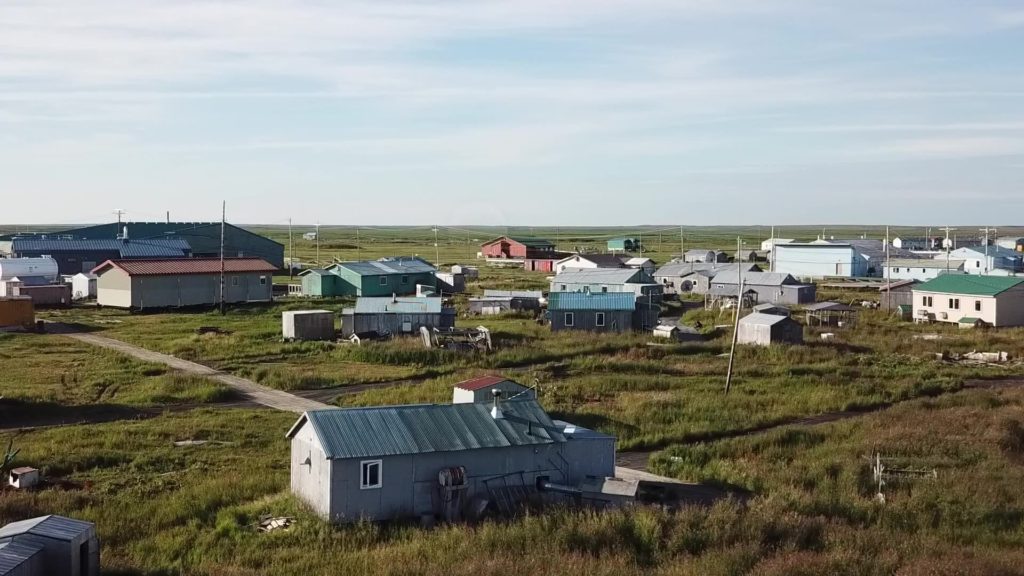In Alaska’s arctic tundra, climate change is forcing Native villages like Nunapichuk to relocate due to melting permafrost, which destabilizes the land. Edna Chase, a resident for 53 years, reports that her house is sinking in what locals call “Alaskan quicksand,” requiring constant pumping of water to prevent flooding. The village, home to about 700 Yup’ik people, faces significant infrastructure damage, and officials warn it will be uninhabitable in 10 to 15 years.
Morris Alexie, leading the relocation efforts, highlights the need for government support, but bureaucratic delays complicate the process. The relocation is estimated to exceed $150 million, hindered by the involvement of multiple federal agencies without a clear coordinating authority. Health issues stemming from eroding waste management infrastructure and deteriorating housing conditions worsen the urgency of the situation.
Residents express frustration over federal inaction and the cultural implications of relocation, as they strive to preserve their way of life. Without swift federal intervention, the future of Nunapichuk remains uncertain, with predictions of a nearly 15°F increase in temperatures by century’s end, making the land untenable.
Source link


